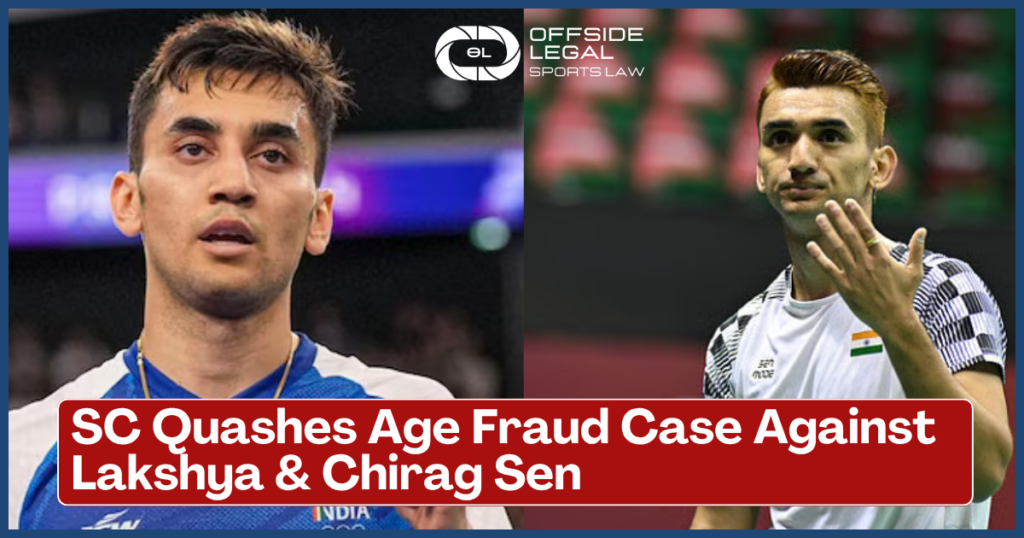Introduction: Kagiso Rabada Doping Ban
South African fast bowler Kagiso Rabada, one of world cricket’s premier pacers, quietly served a one-month suspension earlier this year after testing positive for Benzoylecgonine, a metabolite of cocaine. The South African Institute for Drug-Free Sport (SAIDS) confirmed the sanction in a statement released on 3 June 2025, following the expiry of the appeal period. [ Read: Sachithra Senanyake ]
The incident, initially obscured under the label of “personal reasons” for Rabada’s absence from the 2025 Indian Premier League, has now come into full public view following the conclusion of all formal processes.
Timeline and Test Details
Rabada’s urine sample was collected on 21 January 2025, during the SA20 League, where he was representing MI Cape Town. According to SAIDS, the substance detected — Benzoylecgonine — is not cocaine itself but a chemical compound formed in the body following cocaine ingestion.
While the substance is classified as a “Substance of Abuse” under the WADA Prohibited List, Rabada’s case was assessed as a non-performance-enhancing, out-of-competition use, triggering specific provisions under WADA’s 2021 Code reforms.
Key Dates:
-
Sample Collection: 21 January 2025
-
Notification to Athlete: Late March 2025
-
Period of Ineligibility: 1 April 2025 to 1 May 2025
-
Public Disclosure: 3 June 2025
Why Only One Month? Understanding the Reduced Sanction
SAIDS applied mitigating provisions that significantly reduced the length of Rabada’s ban. The one-month suspension was based on the following considerations:
-
The substance was recreational and not performance-enhancing
-
Ingestion occurred out-of-competition, on a non-match day
-
Rabada promptly accepted the result and did not challenge the findings
-
He successfully completed a mandated substance abuse treatment and education programme
A SAIDS spokesperson stated:
“The athlete accepted responsibility for the doping offence and did not contest the finding. He was offered the opportunity to complete a substance abuse treatment programme. Upon satisfactory compliance, his one-month period of ineligibility was deemed served.”
IPL Absence Explained
During April 2025, Rabada’s absence from the Gujarat Titans squad in the Indian Premier League had been attributed to “personal reasons” in media and franchise statements. It is now confirmed that this absence coincided with the period of his ineligibility under the anti-doping sanction.
Rabada’s Public Statement On 3 May 2025, after serving the full period of suspension, Rabada released a public statement through the South African Cricketers’ Association (SACA):
“As has been reported, I recently returned to South Africa from participating in the IPL for personal reasons. This was due to my returning an adverse analytical finding for the use of a recreational drug.
I am deeply sorry to all those that I have let down. I will never take the privilege of playing cricket for granted. This moment will not define me. I will keep doing what I have always done — working hard and playing with passion and devotion to my craft.”
In subsequent interviews, Rabada indicated he does not wish to be reduced to a headline or apology. “I do not want to be known as Mr. I Apologies,” he said, referring to his focus on restoring trust through actions on and off the field.
SAIDS Press Release ( Click Here)
Back in the Squad: Focus Shifts to Lord’s
Following his return, Rabada featured in two matches for Gujarat Titans before being named in the South Africa squad for the ICC World Test Championship Final against Australia, scheduled to begin at Lord’s on 11 June 2025.
His return to competitive action signifies the formal closure of the matter, both from SAIDS’ and Cricket South Africa’s standpoint.
CSA Response: Support Coupled with Firm Policy
Cricket South Africa (CSA) issued a statement expressing disappointment, but reiterated its support for Rabada after his compliance with anti-doping requirements.
“The incident is regrettable. However, Rabada has reassured CSA and his fans of his commitment to upholding professional standards and has restated his passion for the sport of cricket and the country he represents with purpose.”
CSA Head Coach Shukri Conrad and captain Temba Bavuma have both publicly confirmed that the team is “focused on moving forward” and are committed to preparing for the final with full concentration.
Broader Implications for Sport
Rabada’s case spotlights the evolving approach within international sport towards substances of abuse — a category distinct from performance-enhancing drugs. Under WADA’s revised framework, rehabilitation and education are preferred over punitive bans where substance use is unrelated to competition and performance.
For athletes, however, the incident serves as a cautionary tale: even recreational use can trigger sanctions, public scrutiny, and reputational consequences.
Conclusion
While the doping violation is a serious blot on Kagiso Rabada’s otherwise distinguished record, it appears both the athlete and governing bodies have chosen the path of resolution, responsibility, and recovery. As the Proteas head into the biggest match of their Test calendar, Rabada’s redemption arc will now unfold on the pitch. Kagiso Rabada doping ban was for one month only.










